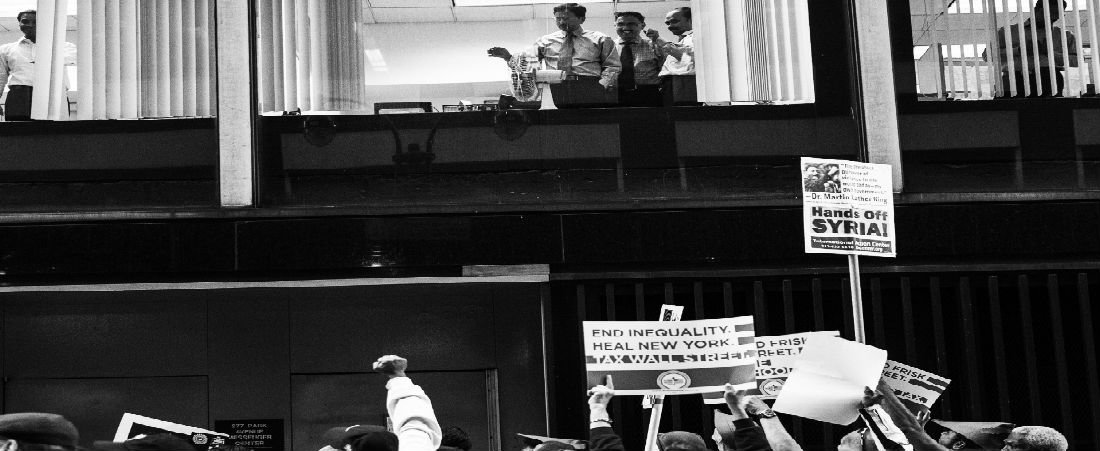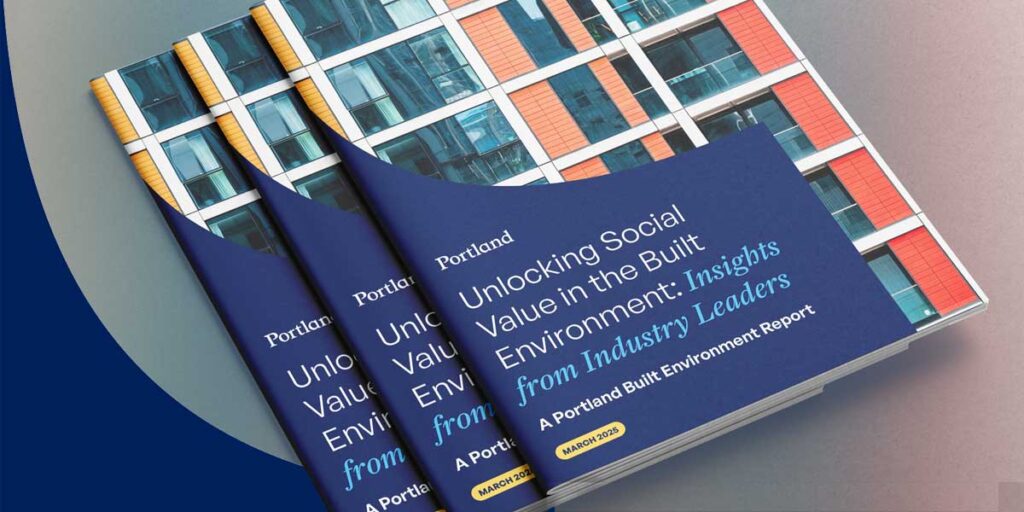If as a leader of any sort of organisation your employees don’t share your organisation’s purpose and sense of value then you might as well forget any meaningful attempt to communicate it externally.
All too often employees perceive a mismatch between their own values and those of the organisations in which they are working. This has real implications for work performance and commitment. Indeed recent research from the CIPD’s quarterly Employee Outlook (2011) showed that 40% of employees don’t believe organisation’s values are worth the paper they’re written on.
But those organisations that manage to create a shared sense of purpose and understanding around the social value of their businesses outperform organisations that don’t, on both soft and hard measures (CIPD, 2010: Shared purpose: the golden thread?).
An employer brand is a set of attributes and qualities – often intangible – that makes an organisation distinctive, promises a particular kind of employment experience, and appeals to those people who will thrive and perform to their best in its culture.
Every organisation has an employer brand, because it has a reputation as an employer.
A strong employer brand should connect an organisation’s values, people strategy and HR policies and be linked to the company brand.
The CIPD Guide – Employer branding: a no nonsense approach (2007) identifies the four most important stages of building an employer brand as:
DISCOVERY
Involves research to understand how the employer brand is perceived by various stakeholders.
ANALYSIS, INTERPRETATION AND CREATION
Involves using research to help build a clear picture of what the organisation stands for, offers and requires as an employer – its distinctive ‘value proposition’.
IMPLEMENTATION AND COMMUNICATION
Sees the brand being applied for the first time in the organisation.
MEASUREMENT, MAINTENANCE AND OPTIMISATION
Concerned with checking progress and maintaining momentum.
Businesses which can follow these steps and not only define but live a shared purpose and employer brand will stand a much greater chance of communicating their social value to both employees and the wider world.
Claire McCartney is an Adviser at the Chartered Institute of Personnel and Development.






